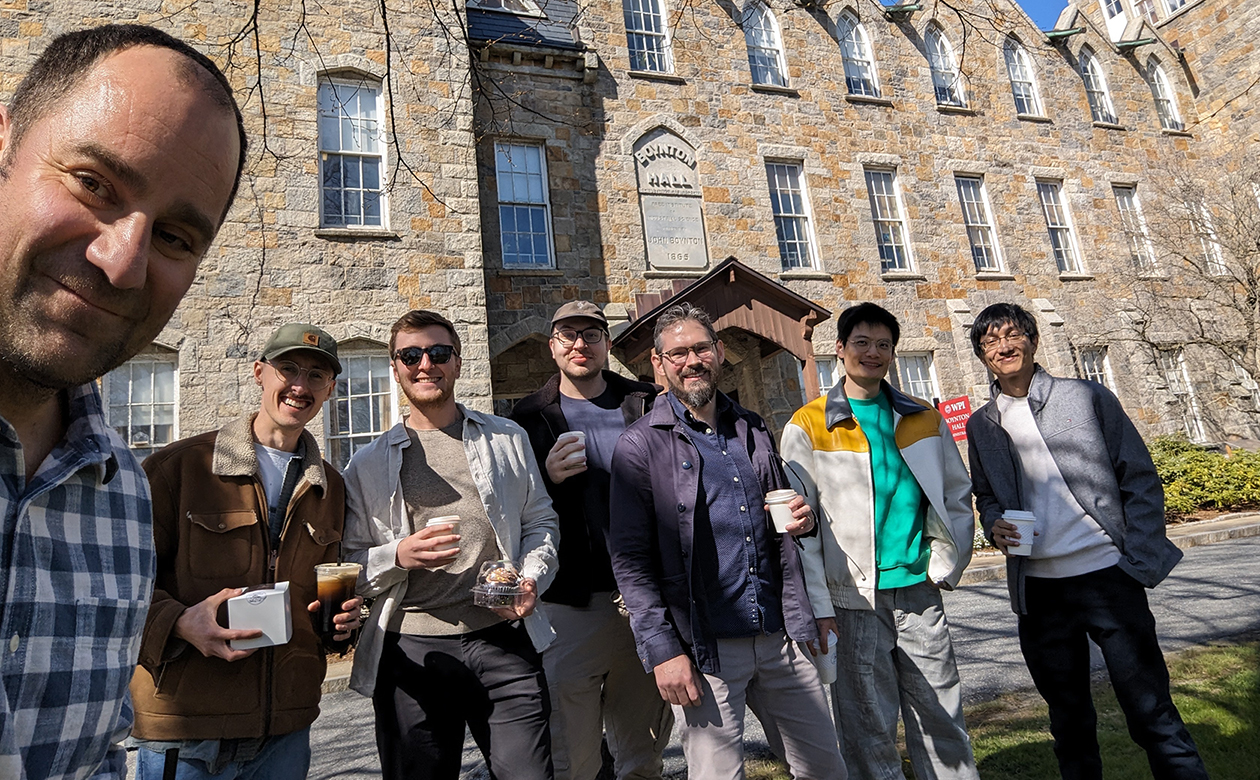The Scientific Computing and Imaging (SCI) Institute today announced the launch of reVISit, a National Science Foundation–backed infrastructure project that empowers visualization researchers to create and maintain ownership of sophisticated user studies.
 ReVISit is a free, open-source platform that allows researchers to observe how users engage with online visualizations—from images to forms to interactive websites—and share the results for others to use, which is difficult to accomplish with existing paid software. “With a commercial tool, you can't share exactly what you've done—you can't just give other people a copy of it,” said Alexander Lex, a SCI faculty member and an associate professor in the Kahlert School of Computing. Such tools can also be cost prohibitive. “That adds hurdles for doing open, reproducible science.”
ReVISit is a free, open-source platform that allows researchers to observe how users engage with online visualizations—from images to forms to interactive websites—and share the results for others to use, which is difficult to accomplish with existing paid software. “With a commercial tool, you can't share exactly what you've done—you can't just give other people a copy of it,” said Alexander Lex, a SCI faculty member and an associate professor in the Kahlert School of Computing. Such tools can also be cost prohibitive. “That adds hurdles for doing open, reproducible science.”
As the first public version of reVISit launches, team members look to their peers to use it and provide feedback. “We hope that people not only adopt it, but also contribute to it,” Lex said. “To that end, we've invested a lot of energy in documentation and tutorials and making it accessible.” They’ve also made it easy to connect with reVISit developers, including via Slack and GitHub.
The reVISit team is already busy working on new features, including a think-aloud protocol in which people use an interface and provide spoken, real-time feedback instead of typing it out. Other future functionality may include eye tracking and the ability to conduct studies on mobile devices and virtual/augmented reality devices. “We’ll add capabilities based on input from the community,” Lex said. “We’re excited to keep broadening reVISit’s scope and further democratize visualization studies.”
Read more about reVISit’s launch and how to use the groundbreaking tool.

